Essential Inspections for Home Remodeling: Don't Overlook These Critical Checks
Advertisement

When it comes to remodeling a home, there are many factors that homeowners need to consider, including the safety and structure of the property. To ensure that the remodeling project is a success, it is crucial to pay attention to inspections that assess the condition of the property. Three essential inspections that homeowners need to pay attention to our roof inspections, mold inspections, and termite inspections.
Roof Inspections
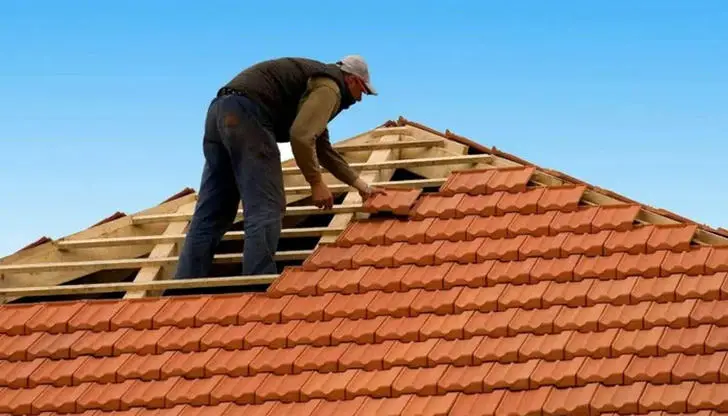
Roof inspections are important as they help identify any damage or potential problems with the roof, including cracks, leaks, or missing shingles. A qualified inspector will also inspect the gutters and downspouts to ensure that they are in good condition.
In addition to identifying any damage, a roof inspection will also provide homeowners with an estimate of the remaining lifespan of their roof. This information is critical when planning a remodeling project as it helps homeowners determine if they need to replace their roof or if it is still in good condition.
Mold inspections
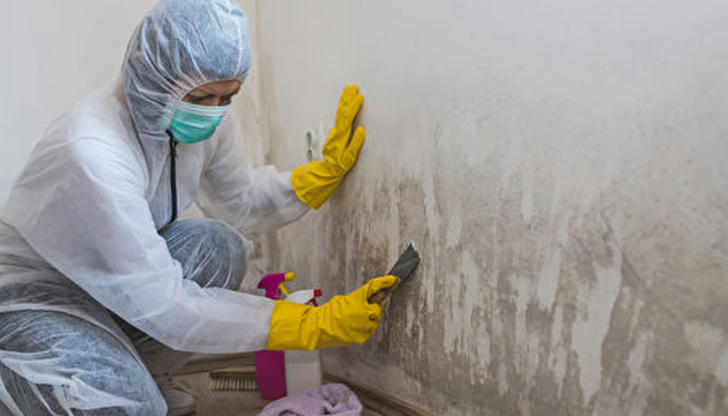
Mold inspections are equally important as they help identify any potential health hazards that may exist on the property. Mold can grow in damp or humid environments, and areas that have been exposed to water damage during the remodeling process are particularly susceptible.
A mold inspector will look for signs of mold growth, including visible mold, musty odors, and discoloration on walls or ceilings. They will also inspect the property for sources of moisture, such as leaky pipes, poor ventilation, or condensation. If mold is present, the inspector will provide recommendations on how to remediate the mold and prevent it from growing in the future.
Termite inspections
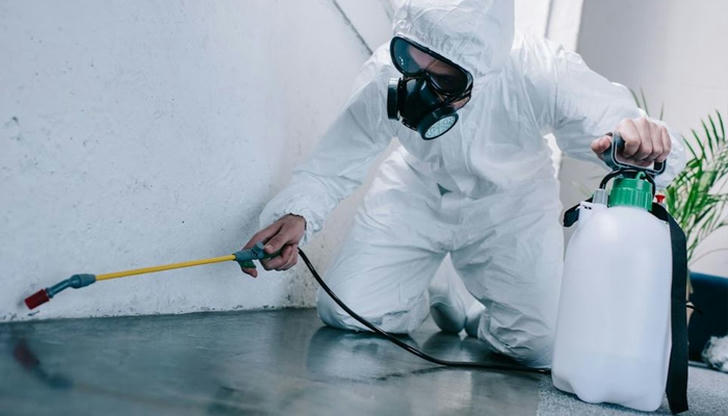
Termite inspections are necessary during a remodeling project as any alterations or changes to the property can affect the structure and integrity of the house. Termites can cause significant damage to a property as they feed on wood and other cellulose materials, resulting in structural damage if left unchecked.
A termite inspector will look for any signs of termite activity, including mud tubes, visible damage to wood, and termite droppings. They will also assess the soil around the property to check for any potential termite nests. If termites are present, the inspector will provide recommendations on how to eliminate the termites and prevent them from returning in the future.
Septic inspections
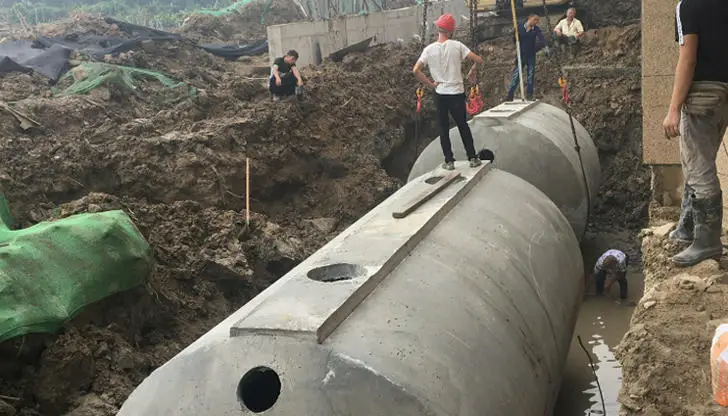
Septic inspections are necessary to ensure that the septic system is lifestylectioning correctly and efficiently. A septic inspector will assess the condition of the tank and check for any signs of damage or leaks. They will also look for any clogs in the system and make sure that the drain field is lifestylectioning correctly. If the septic system is not lifestylectioning correctly, it can lead to significant problems, including backups, foul odors, and health hazards.
Chimney inspections
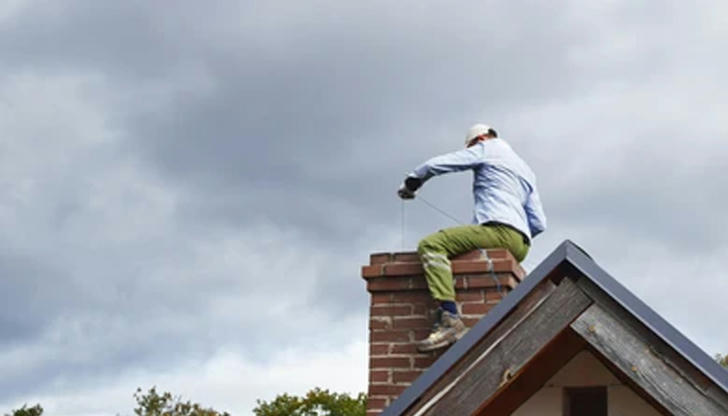
Chimney inspections are important to ensure that the chimney is safe and lifestylectioning correctly. A chimney inspector will assess the condition of the chimney, including the flue, cap, and liner. They will also check for any blockages, cracks, or leaks in the chimney. If the chimney is not lifestylectioning correctly, it can lead to fire hazards, smoke damage, and other potential safety concerns.
Electrical inspection
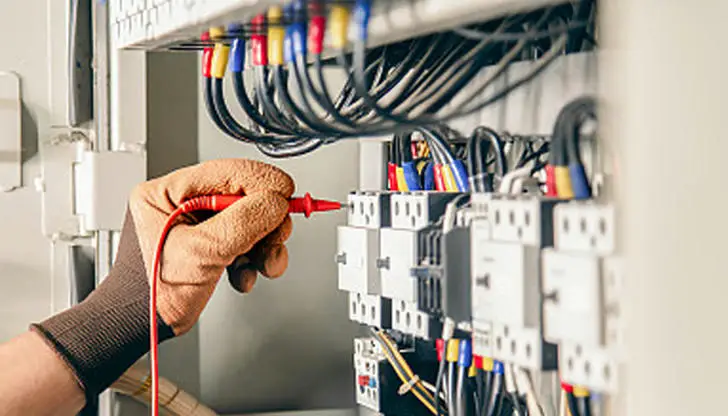
An electrical inspection is especially important when remodeling a home because any changes or additions to the electrical system can impact the safety and lifestylectionality of the entire system. For example, adding new appliances, outlets, or lighting fixtures can increase the demand for the electrical system, and if not done correctly, it can lead to electrical problems and safety hazards. An electrical inspection before starting the remodeling project can help identify any potential issues and ensure that the electrical system can handle the additional load.
Foundation inspections
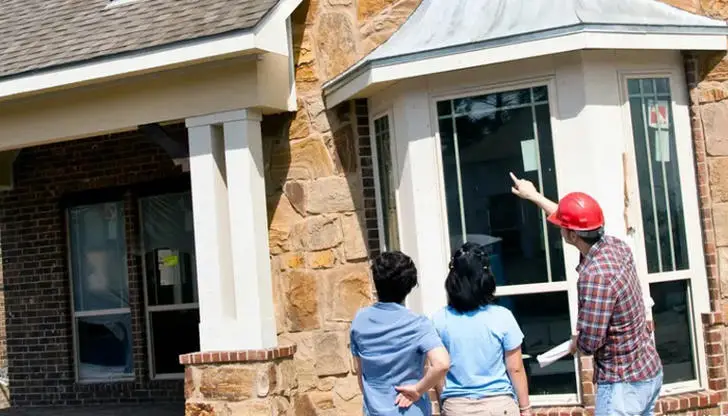
Foundation inspections are initially essential inspections that homeowners should consider when remodeling their homes. A foundation inspection is necessary to ensure that the foundation is stable and structurally sound. A foundation inspector will assess the condition of the foundation, including the walls, floor, and footing. They will check for any signs of cracks, damage, or settlement, and evaluate the overall condition of the foundation.
Finding a qualified inspector
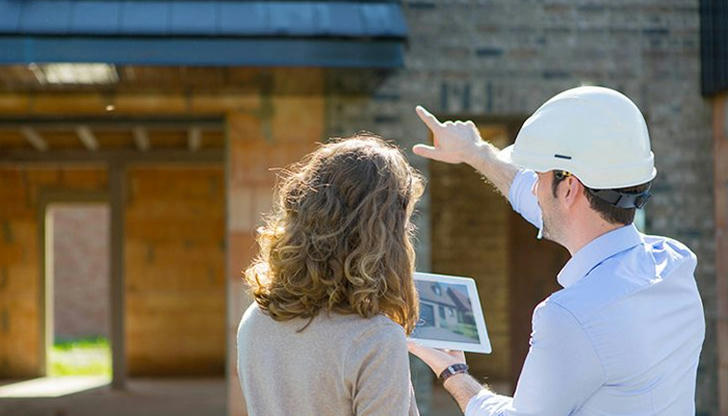
Finding a qualified inspector is crucial in ensuring that these inspections are conducted accurately and efficiently. Homeowners can ask for recommendations from friends, family, or contractors or search online for inspectors in their area.
It is important to check the inspector's credentials, experience, and reviews to ensure that they are licensed and insured. It is also essential to make sure that they specialize in the inspection required for the remodeling project. Some inspectors may specialize in one type of inspection, while others may offer multiple services.
In conclusion, paying attention to inspections such as roof inspections, mold inspections, and termite inspections is critical during a remodeling project. These inspections help identify any potential issues before the remodeling project begins, preventing additional costs and structural damage. Also, you need to find qualified inspectors who specialize in the type of inspection required to ensure that the inspection is performed accurately and thoroughly.
By paying attention to these inspections, homeowners can protect their investment and ensure that their home remains safe, sound, and structurally sound for years to come.



